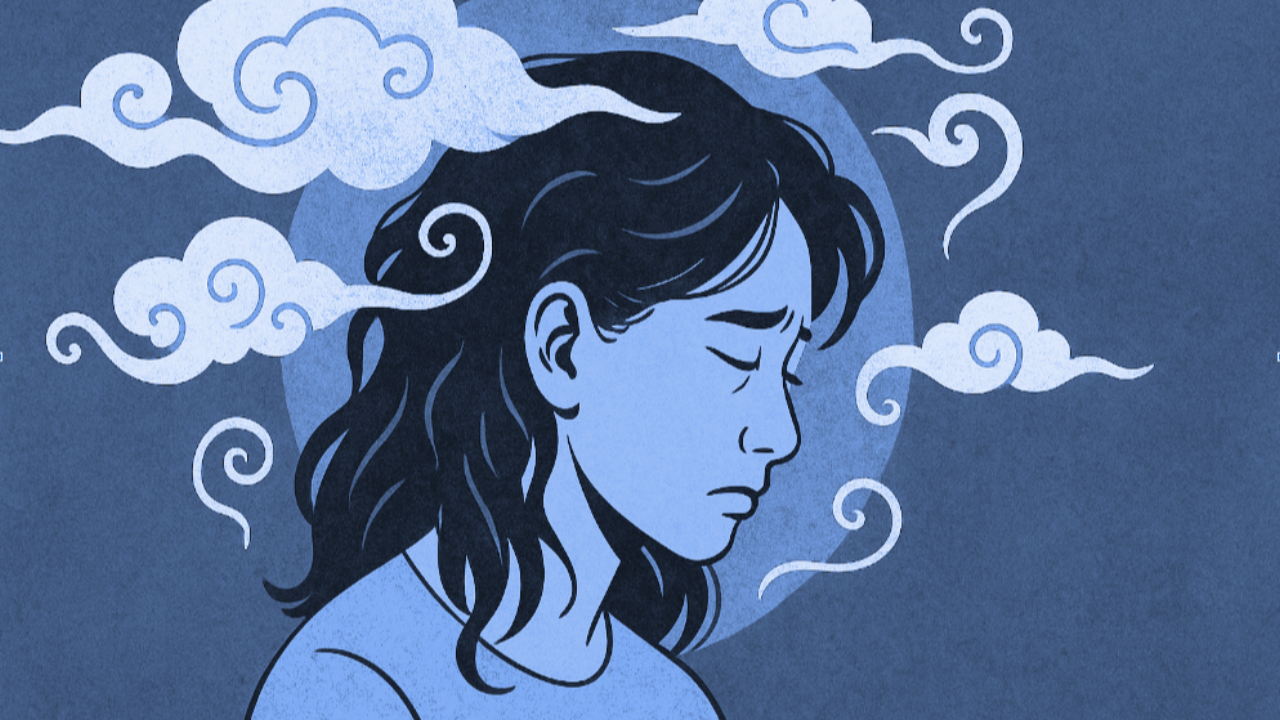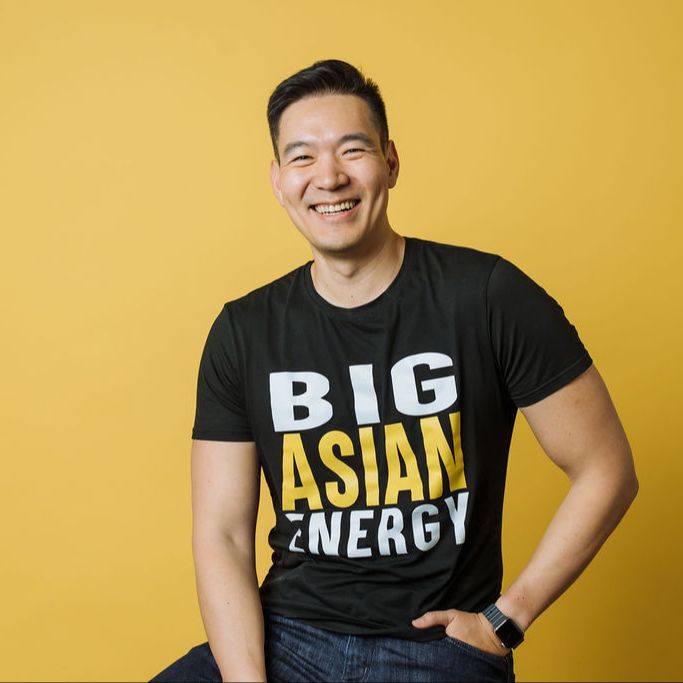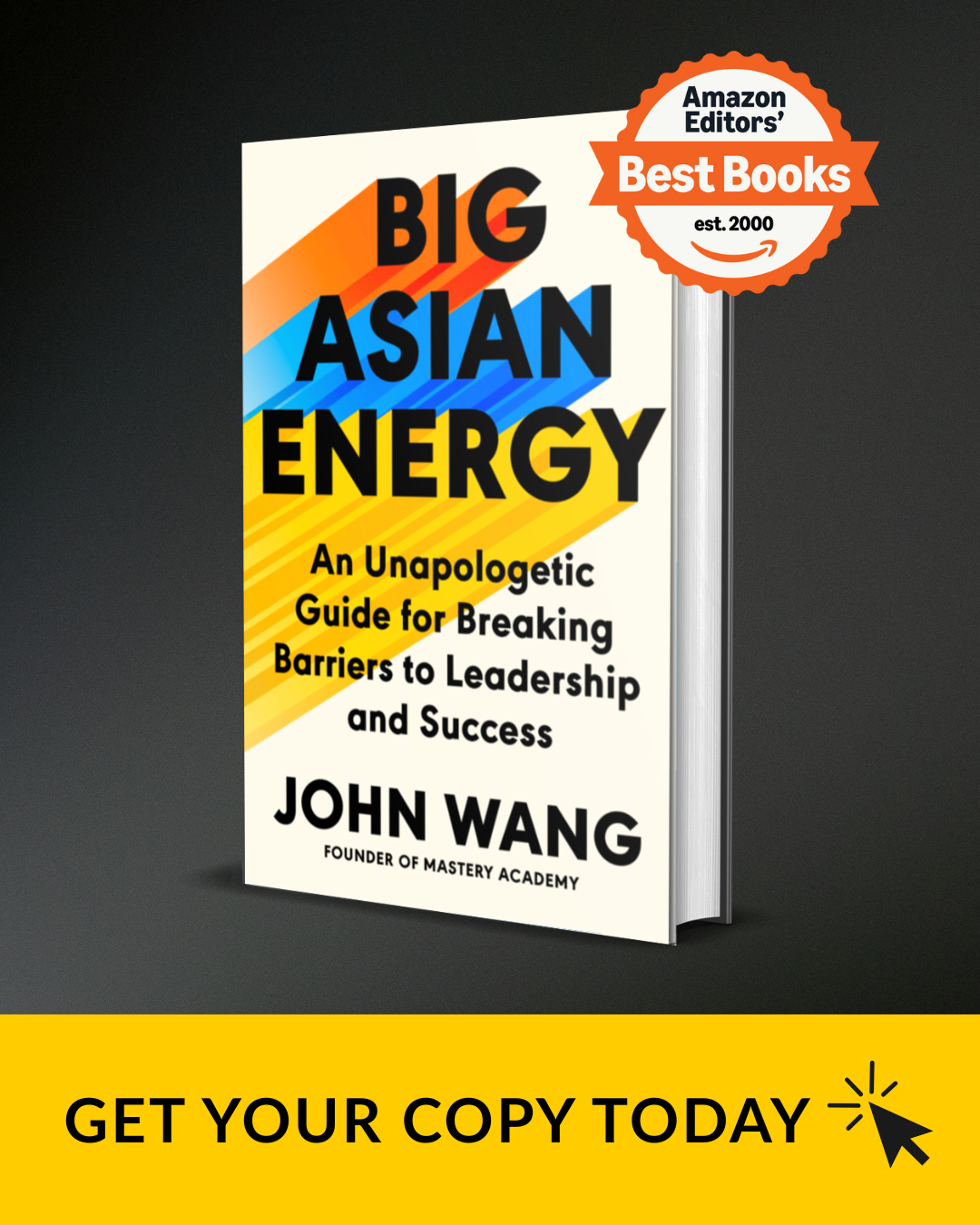Understanding AAPI Mental Health: 9 Studies Backed by Data

It’s not just stress. It’s not just pressure. It’s pain that’s often invisible—and ignored.
For many Asian Americans and Pacific Islanders (AAPIs), mental health struggles are buried beneath cultural expectations, silence, and the demand to appear strong. We don’t always talk about it. And when we try to, the systems in place often don’t see us, hear us, or understand where we’re coming from.
But research is starting to tell a different story. One that validates what so many of us have felt for years. The anxiety. The isolation. The quiet unraveling behind the performance.
Below are 9 powerful studies that dig into the reality of AAPI mental health, confront cultural barriers, and help us name what’s really going on.
1. Depressive Disorders in Asian American Adults
Charles B. Wang Community Health Center
Jian-Ping Chen & Hongtu Chen, | 2002
Cultural norms like emotional restraint, stigma, and family-centered thinking can delay diagnosis and treatment for depression. This case-based review shows how symptoms often go unrecognized or misinterpreted in clinical settings.
🔗 Read the study
2. Asian American Mental Health: Longitudinal Trends Among Young Filipino- and Korean Americans
Yoonsun Choi et al. | 2019
Using data from the Midwest Longitudinal Study of Asian American Families, this study found that early experiences of discrimination and acculturative stress directly contributed to depressive symptoms in young adulthood.
🔗 Read the study
3. Parent–Child Conflict and Racial Discrimination as Risk Factors
Yoonsun Choi, Eunseok Jeong & Minju Park | 2022
For many Asian Americans, mental distress stems from two fronts: generational family tension and external racial discrimination. While conflict increases risk, family cohesion can act as a protective factor.
🔗 Read the study
4. COVID-19 Anti-Asian Racism and Suicide Ideation
Brian TaeHyuk Keum & Michele J. Wong | 2023
In a study of 139 participants, researchers found that greater exposure to COVID-era racism increased feelings of burdensomeness and isolation—key drivers of suicidal ideation. This wasn’t just a social issue. It was a mental health crisis.
5. Cultural Factors Influencing the Mental Health of Asian Americans
Elizabeth J. Kramer, Kenny Kwong, Eunice Lee & Hongyung Chung | 2002
Language barriers, generational divides, and stigma around mental illness often prevent Asian Americans from seeking help—even when they know something’s wrong. Cultural humility in care is not optional—it’s essential.
🔗 Read the study
6. Ethnic Density, Social Support, and Loneliness Among Chinese Immigrants
Marilyn Tseng, Emily Walton & Grace Kao | 2021
Living in neighborhoods with more co-ethnic peers decreased loneliness for Chinese immigrants. Cultural familiarity and community aren’t just comforting—they’re protective mental health factors.
🔗 Read the study
7. 2023 AAPI Data | Momentive Poll: Diversity in American Life
AAPI Data & Momentive | 2023
About 1 in 3 AAPI adults reported experiencing poor mental health in the last month. And yet, representation in mental health systems remains alarmingly low. Visibility is the first step. Access is the next.
🔗 Read the report
8. Patterns of Shyness in East-Asian and European-Heritage Students
Delroy L. Paulhus, Jacqueline H. Duncan & Michelle S.M. Yikb | 2002
Shyness in East Asian students wasn’t just social—it was culturally shaped. Traits like modesty and self-restraint are often misread through a Western lens, leading to misdiagnoses or dismissal of deeper distress.
🔗 Read the study
9. Impostor Feelings and Psychological Distress Among Asian Americans
Meifen Wei, Shuyi Liu & Yi Du | 2020
This study linked impostor syndrome and interpersonal shame to heightened psychological distress among Asian Americans. The more people felt like they didn’t belong, the harder it became to speak up or ask for help.
🔗 Read the study
So… What Now?
Mental health in the AAPI community isn’t just about access. It’s about language. It’s about culture. It’s about belonging. It’s about rethinking what healing looks like when silence has been the default for generations.
If this resonates with you, Big Asian Energy is now available. The book explores how cultural conditioning, pressure, and identity shape the way we lead, show up, and cope. It offers a path forward that doesn’t require letting go of who we are.
Order Big Asian Energy Today.
It’s time to stop expecting AAPI communities to carry it all in silence.
It’s time to start building systems that truly see us.
WANT BIG ASIAN UPDATES?
Join our mailing list to receive the latest blogs, podcasts, and special offers sent straight to your inbox.
We hate SPAM. We will never sell your information, for any reason.



